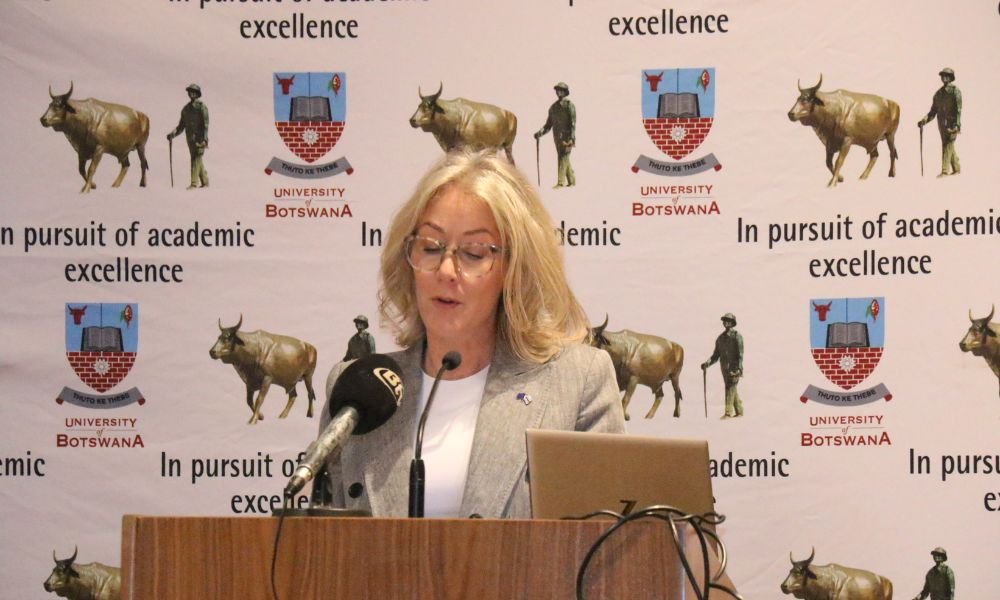The University of Botswana (UB) has launched a Center of Excellence in Planetary and Space Science and Technology as part of the FAST4Future project. The initiative was developed in collaboration with various higher education institutions and industry partners and aims to foster research in planetary and space sciences while serving as a hub for interdisciplinary education and collaboration.
According to University of Botswana Professor Dr Rapelan Simon, the FAST4Future project is a virtual entity designed to deliver professional courses, training programs and workshops by making them accessible to all learners. Its mission includes providing remote and inclusive learning pathways that promote equity in STEM (science, technology, engineering, and mathematics) in higher education. The project includes four thematic research areas: planetary science, astronomy and astrophysics, space technology, and citizen science.
Additionally, the Center of Excellence aims to strengthen the internationalization strategies of African institutions and foster South-South cooperation between various partners across the continent.
Speaking at the presentation, UB Vice-Chancellor Professor David Norris emphasized the importance of Planetary Space Science and Technology (PSST) in embracing the Fourth Industrial Revolution (4IR). He noted that these fields equip graduates and young scientists with the essential skills needed to meet the challenges of the 21st century, such as digital innovation and higher-skilled job opportunities.
Africa has missed out on many revolutions. We missed the first industrial revolution, the second industrial revolution, and the third industrial revolution. You can’t afford to miss the fourth one.
Professor David Norris, UB Vice President
Professor Norris highlighted the clear synergies with the University Strategy 2020-2029, which has the theme ‘Creating the future for knowledge generation’. The FAST4Future project is therefore consistent with UB’s mission as a premier institution of teaching, learning, research, innovation, and national service.
Funded by the European Union (EU) through the Erasmus+ program for capacity building in higher education, FAST4Future serves as a testament to the transformative power of STEM in Africa’s higher education landscape. The project’s mission is to foster sustainable growth and job creation in a continent rapidly progressing through the Fourth Industrial Revolution.
Ambassador Petra Pereja, Head of the European Union Delegation to Botswana and SADC, reiterated the EU’s commitment to supporting education and science in Africa, including Botswana. She said education, research and skills development were at the core of the EU’s partnership with the continent. At the 6th EU-Africa Summit in February 2022, the EU announced the Global Gateway Africa-Europe Investment Package, which aims to create a better living environment across Africa.
The Center for Planetary Space Science and Technology has established partnerships with several leading institutions, including the Botswana International University of Science and Technology, Copperbelt University in Zambia, the University of Zambia, the University of the Witwatersrand in South Africa, and the Cape Peninsula University of Technology. South Africa, the University of Nigeria, the Nigerian Air Force Institute of Technology, the University of Bologna Alma Mater Studio in Italy, KTH Royal Institute of Technology in Sweden, AAC Space Africa (PTY) Ltd. in South Africa, the South African National Space Agency (SANSA), and the National Space Research and Development Agency in Nigeria. (CBSS).

